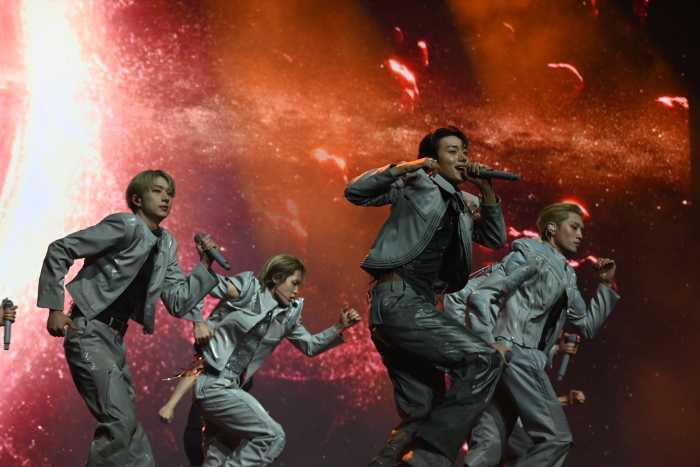The Family Fang
3 stars
Directed by Jason Bateman
Starring Jason Bateman, Nicole Kidman, Christopher Walken
Rated R
Playing at Angelika
Family dysfunction is perhaps the most timelessly piquant of dramatic subjects, stimulating the artistic imaginations of individuals as different as Eugene O’Neill and Mitchell Hurwitz, and countless others.
Jason Bateman, a star of Hurwitz’s “Arrested Development” and the director and lead actor of “The Family Fang,” has spent plenty of time mining this terrain for laughs, so he seems like a practical fit for this adaptation of a best-selling novel about the adult children of performance artists dealing with the wreckage of a childhood spent enmeshed in embarrassing public schemes.
It’s reasonable to have expected his second stint behind the camera (his first was the blackhearted comedy “Bad Words”), to play as a sardonic satire of artistic pretension and its real world consequences. That’s right up his alley and seems to be the approach mandated by this material.
Surprisingly, though, Bateman and screenwriter David Lindsay-Abaire go in a different and far more sincere direction in telling the story of Annie (Nicole Kidman) and Baxter (Bateman), the former an actress with abundant personal issues and the latter a novelist at a personal nadir after being injured by a potato gun on a low-rent journalism assignment.
It’s a character-driven piece that seriously considers the realities of a life spent participating in staged bank robberies and public disruptions, subject to the endless manipulations of dad Caleb (Christopher Walken) and mom Camille (Maryann Plunkett), who subscribe to the philosophy that the spontaneity of reality and the promises of meaningful art are inextricably linked.
Filmed with an economic focus on revealing character details, and lit in shadowy brown tones that reflect the inner darkness surrounding these siblings, “The Family Fang” grounds itself in the emotional truths of their states of mind.
Out of this strange story, with its flashback digressions to an increasingly traumatic series of “performances” with the young Baxter and Annie as stars, and with Walken’s hollow-eyed, possessed artist Caleb adding a vaguely sinister feeling to the production, Bateman finds his way to a real place.
He does so by resisting simple conclusions about these people, while avoiding the lazy approach of dismissing the characters as eccentrics worthy of mockery, even if it’s hard to totally forego the clichés that come with this familiar terrain.
He coaxes out of Kidman her best performance in ages, in which she strikes notes of deeply-rooted vulnerability derived out of an inability to trust even the closest people in her life. The portrait is complicated by the reality that Caleb and Camille do what they do not because they choose to do it, but because they are driven to their work out of the same elemental push that spurs us all toward our passions.






































